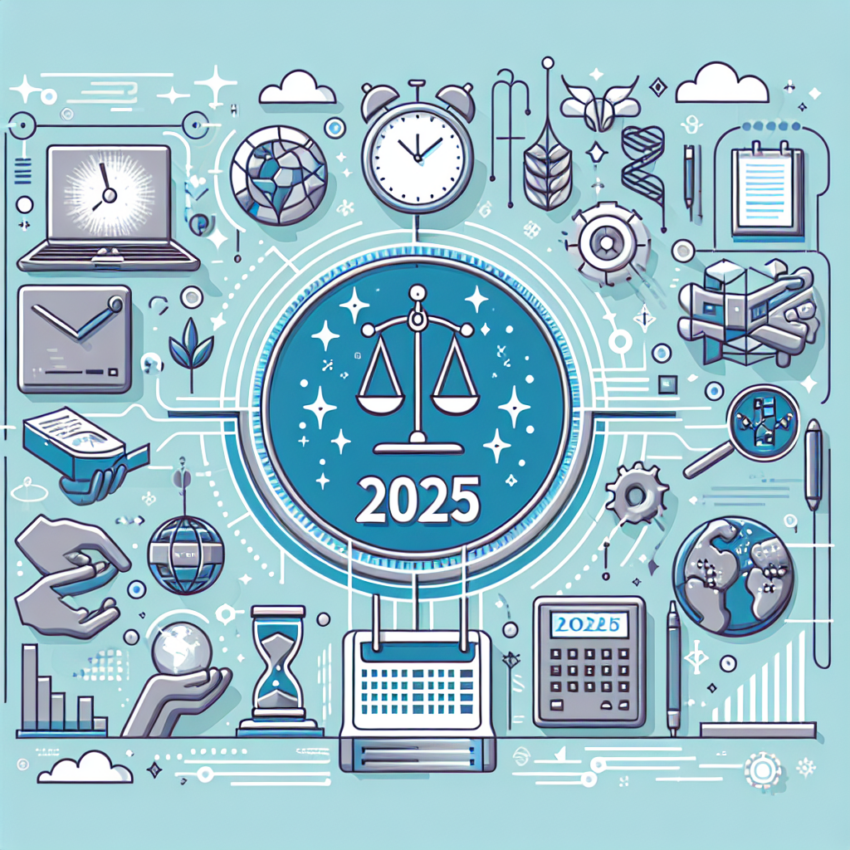As artificial intelligence (AI) continues to advance at a rapid pace, its ethical implications come under increasing scrutiny. In 2025, AI is more integrated into our daily lives than ever before, influencing everything from healthcare and education to finance and entertainment. In this article, we will explore the ethical challenges AI presents and how society is striving to address them.
Data Privacy: Protecting Personal Information
One of the most significant concerns related to AI is data privacy. With AI systems processing vast amounts of personal data, questions arise about who owns this data and how it is used. In 2025, regulations such \as the General Data Protection Regulation (GDPR) have become even more crucial. They ensure that companies prioritize user consent and secure data storage, promoting transparency and accountability.
Bias and Fairness: Ensuring Equality
AI systems are not immune to bias, often reflecting the prejudices present in their training data. In 2025, efforts to make AI fairer are focused on diversifying datasets and implementing bias-detection algorithms. Stakeholders across sectors are working together to create AI models that are equitable and just, recognizing the importance of fairness in AI decision-making processes.
Autonomy and Control: Balancing Innovation and Responsibility
As AI systems become more autonomous, balancing innovation with responsibility becomes essential. In 2025, ethical frameworks guide AI development, ensuring that these systems act in ways that align with human values. Policymakers and developers collaborate to set boundaries for AI autonomy, preventing misuse and ensuring that AI remains under human control.
Accountability: Navigating Liability Issues
Determining accountability when AI systems make decisions is complex. In 2025, the legal system is evolving to address these challenges, establishing clear guidelines on AI liability. Companies are encouraged to implement robust monitoring systems to trace AI decision-making processes, promoting transparency and accountability in AI-driven actions.
Conclusion: The Path Forward
As we move further into 2025, addressing the ethical implications of AI is crucial for fostering trust and ensuring that technological advancements benefit society. By prioritizing data privacy, fairness, accountability, and control, we can navigate the ethical landscape of AI responsibly, paving the way for a future where technology and ethics coexist harmoniously.
